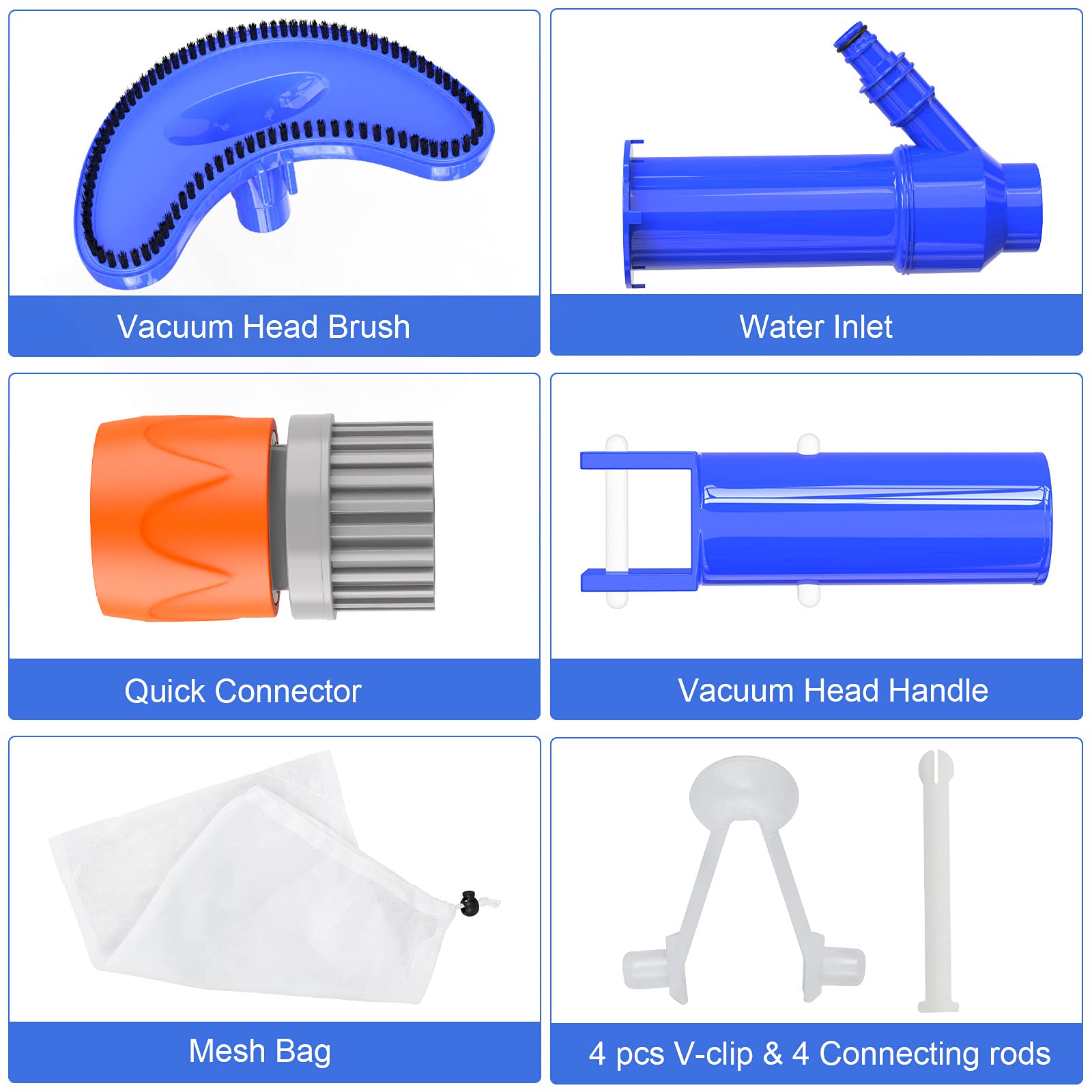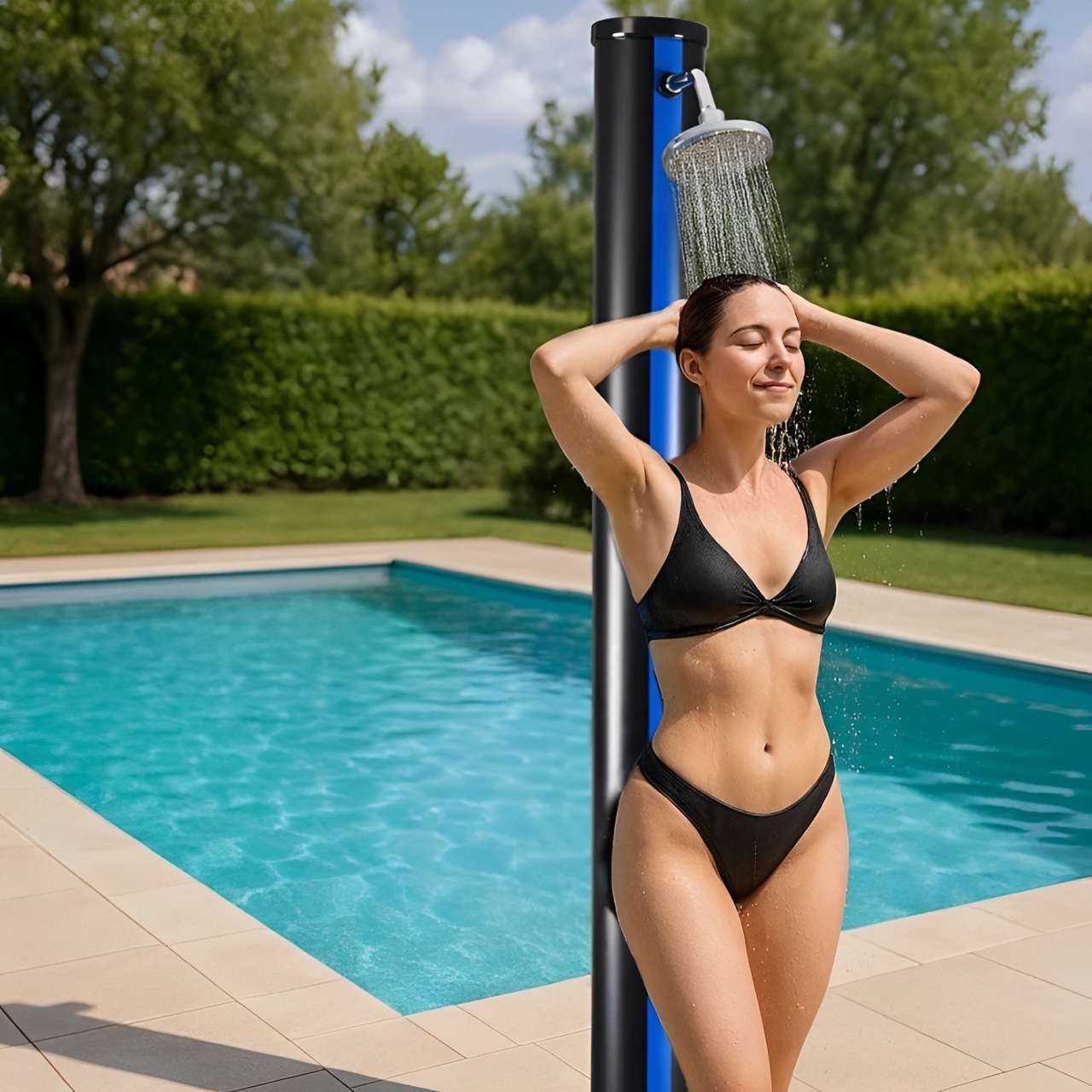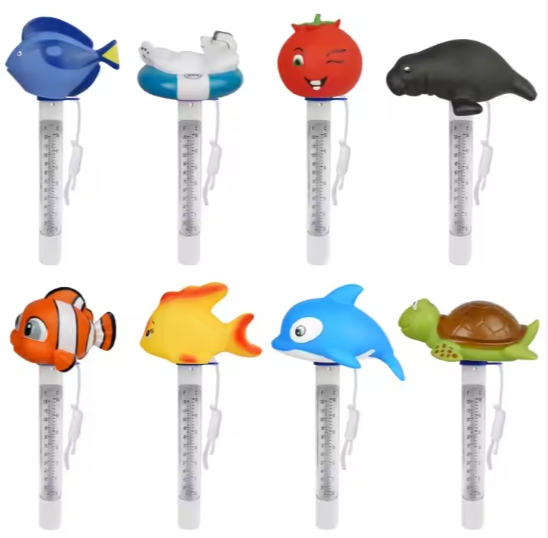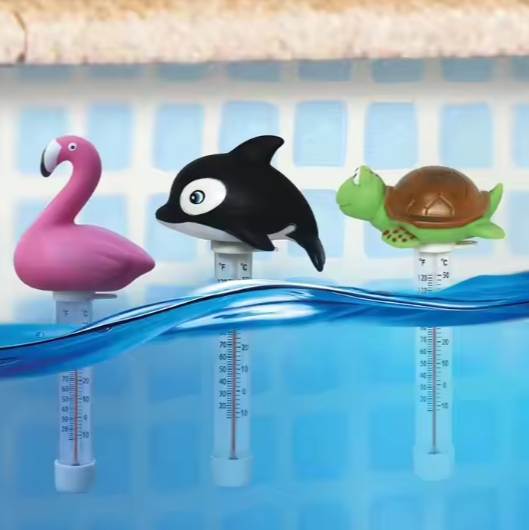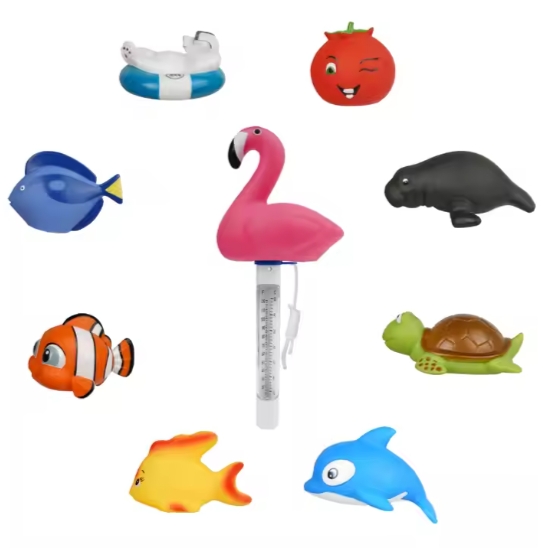Why Routine Water Testing Is Critical
Maintaining optimal water chemistry is non-negotiable for public health, equipment longevity, and regulatory compliance. According to the CDC and WHO, improper pool chemistry accounts for over 60% of pool closures and equipment failures. Pool test kits provide actionable data for real-time adjustments, ensuring disinfection efficacy and bather comfort.
Pool Test Kit Technologies: Comparative Overview
| Test Kit Type | Detection Method | Parameters Measured | Best Use Case |
|---|---|---|---|
| Liquid Reagent (DPD, OTO) | Colorimetric titration | Free/total chlorine, pH, alkalinity, calcium, cyanuric acid | Commercial pools; precise, cost-effective |
| Test Strips | Colorimetric (dip & read) | Chlorine, pH, alkalinity, hardness, more | Quick checks, residential, field service |
| Digital Testers | Photometric/electrochemical | Multi-parameter (Cl, pH, TDS, ORP) | High-precision, data logging, audits |
- Regulatory Compliance:
DPD method is required for public pools in most Western markets (EN 15288, ASTM F1346).
Strips are suitable for indicative testing, not regulatory submissions.
Key Performance Criteria for Professional Pool Test Kits
- Accuracy & Resolution:
- DPD kits: ±0.1 ppm for chlorine, ±0.2 pH units
- Strips: typically ±0.5 ppm, less precise than liquid kits
- Shelf Life & Stability:
- Reagents: ≥12 months (store at 10–25°C, away from sunlight)
- Strips: moisture-sealed packaging essential
- Ease of Use:
- Large, clear color charts
- Step-by-step instructions in multiple languages (critical for B2B export)
- Parameter Range:
- Chlorine: 0–5 ppm (residential), up to 10 ppm (commercial shock dosing)
- pH: 6.8–8.2; Alkalinity: 40–200 ppm
Selection Checklist for Facility Managers
- Regulatory Environment:
Confirm local code (e.g., US State Health Dept, EU Pool Safety Directives) before choosing test method. - Testing Frequency:
Public/commercial pools: 2–4x daily minimum
Residential: at least 2–3x weekly, more in summer or after heavy use - Operational Setting:
Field service teams may prefer strips for rapid screening; in-house staff should use liquid kits for recordable results. - Data Management:
Digital testers with data export/logging functions are ideal for large facilities and audits.
Common Pitfalls in Pool Water Testing
- Outdated Reagents:
Using expired kits can result in false negatives/positives—implement FIFO inventory and batch tracking. - Improper Sample Technique:
Always sample 18 inches below surface, away from return jets, for representative results. - Ignoring Cross-Contamination:
Rinse vials/cuvettes with pool water before each test to avoid skewed readings.
Why Choose Bonny Pool Test Kits?
- Comprehensive Range:
Bonny offers DPD/OTO liquid kits, multi-parameter test strips, and digital photometers—all compliant with international standards. - Consistent Accuracy:
Each batch is independently validated for accuracy and shelf life, with full traceability. - B2B Ready:
Multi-language packaging, instruction manuals, and OEM/ODM custom branding available for distributors and chain operators. - Regulatory Support:
Full documentation for compliance with ISO9001 and EN/ASTM standards.
About Bonny Pool Supplies
Bonny Pool Supplies (Ningbo, China) is a trusted supplier for pool professionals in 70+ countries, offering reliable water quality solutions for commercial and residential pools since 1998.


